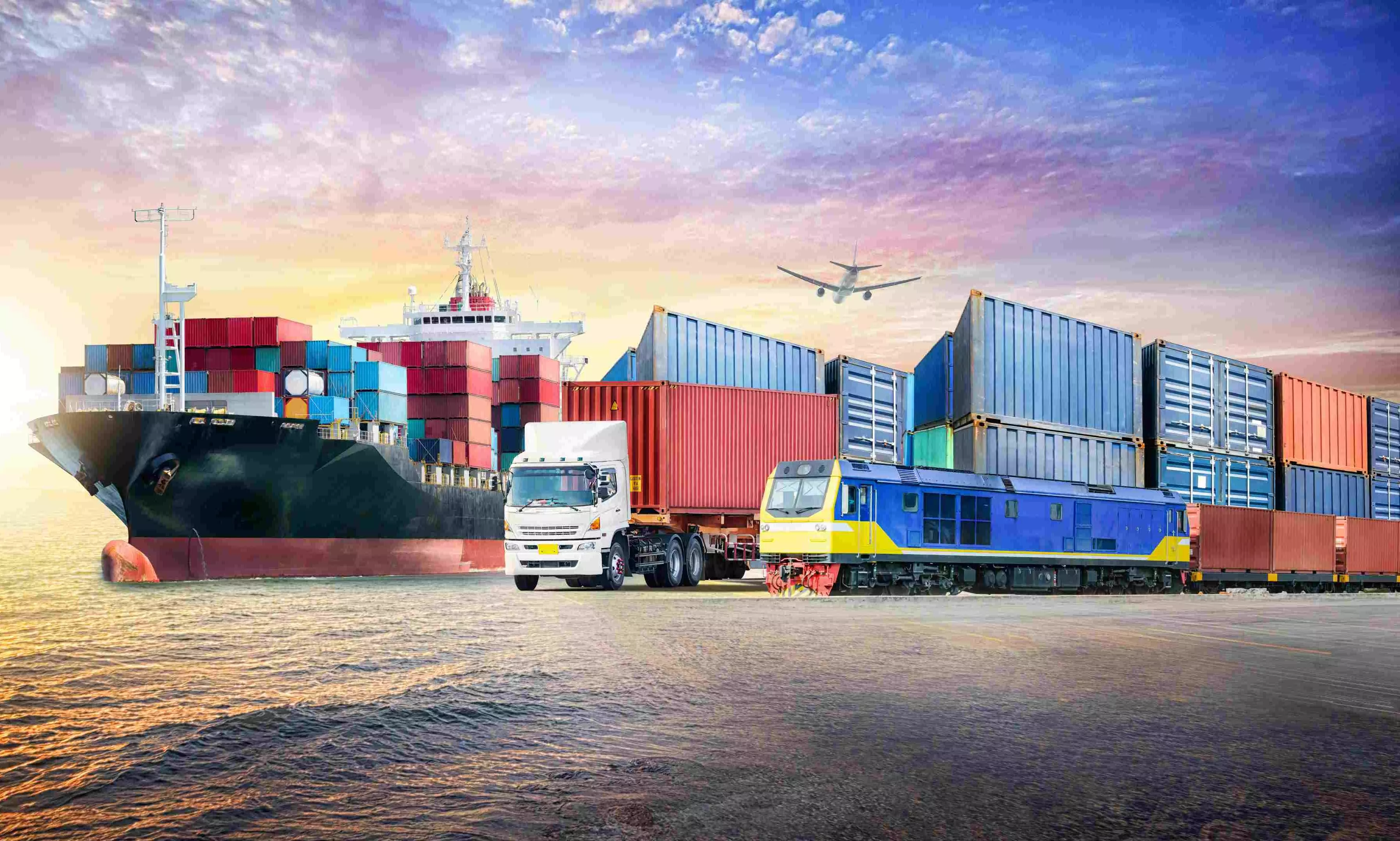In our contemporary globalized world, the intricate web of logistics delivery services serves as the unseen backbone, seamlessly connecting the dots between manufacturers, suppliers, and consumers across borders and time zones. The advent of technology has catalyzed a paradigm shift in the logistics industry, transforming it into a highly sophisticated and interconnected network that operates with unparalleled efficiency. The journey of a product from its inception to the hands of the end-user involves a symphony of meticulously coordinated efforts, with logistics playing a pivotal role in orchestrating this complex dance. One of the key drivers of the logistics revolution is the integration of advanced technologies. From automated warehouses to state-of-the-art tracking systems, technology has become the linchpin of efficient delivery services. Global positioning systems GPS, radio-frequency identification RFID, and artificial intelligence are now integral components, ensuring real-time monitoring and precise location tracking of shipments.

This not only enhances the visibility of goods in transit but also allows for proactive problem-solving, minimizing delays and ensuring a seamless flow of products across borders. The interconnectedness facilitated by technology has eradicated the limitations imposed by geographical distances, allowing companies to navigate the global marketplace with unprecedented ease. Moreover, the globalization of supply chains has spurred the growth of third-party logistics 3PL providers. These entities specialize in optimizing the various facets of the supply chain, offering expertise in transportation, warehousing, and distribution. By outsourcing these logistical functions, companies can focus on their core competencies, fostering a more streamlined and cost-effective approach to global trade. The 3PL model has become a strategic imperative for businesses aiming to navigate the complexities of international commerce, providing them with the flexibility to adapt to market fluctuations and customer demands. E-commerce, too, has played a transformative role in shaping the landscape of logistics delivery services.
The surge in online shopping has not only increased the volume of shipments but has also raised consumer expectations regarding the speed and reliability of deliveries relocation services. To meet these demands, logistics providers have embraced innovative last-mile delivery solutions, such as drones and autonomous vehicles, to expedite the final leg of the delivery process. This not only enhances efficiency but also reduces the environmental footprint of logistics operations, aligning with the growing emphasis on sustainability in today’s globalized society. In conclusion, logistics delivery services form the arteries of the globalized world, facilitating the seamless movement of goods across borders and ensuring the timely satisfaction of consumer demands. The convergence of advanced technologies, the rise of third-party logistics providers, and the impact of e-commerce have collectively ushered in an era of unprecedented connectivity and efficiency. As the world continues to evolve, the logistics industry will undoubtedly remain at the forefront, continually adapting and innovating to meet the ever-changing demands of a globalized marketplace.